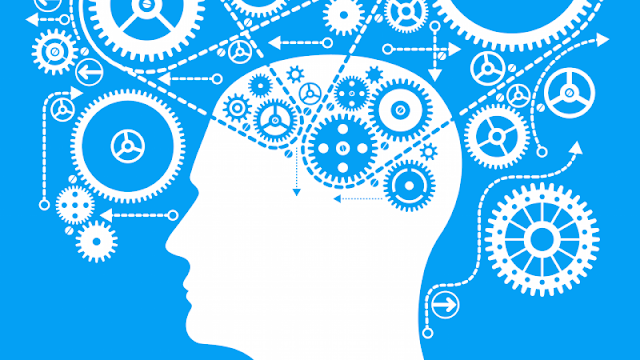Definition of Cognitive Levels (Knowledge, Understanding and Application)
Definition of Cognitive Levels (Knowledge, Understanding and Application)
- Knowledge:
This requires knowing and remembering facts and figures, vocabulary and
contexts, and the ability to recall key ideas, concepts, trends, sequences,
categories, etc. It can be taught and evaluated through questions based on: who,
when, where, what, list, define, describe, identify, label, tabulate, quote, name,
state, etc.
2. Understanding:
This requires understanding information, grasping meaning, interpreting facts,
comparing, contrasting, grouping, inferring causes/reasons, seeing patterns,
organizing parts, making links, summarizing, solving, identifying motives,
finding evidence, etc. It can be taught and evaluated through questions based on:
why, how, show, demonstrate, paraphrase, interpret, summarize, explain, prove,
identify the main idea/theme, predict, compare, differentiate, discuss, chart the
course/direction, report, solve, etc.
3. Application:
This requires using information or concepts in new situations, solving problems,
organizing information and ideas, using old ideas to create new ones,
generalizing from given facts, analyzing relationships, relating knowledge from
several areas, drawing conclusions, evaluating worth, etc. It can be taught and
evaluated through questions based on: differentiate, analyze, show relationship,
propose an alternative, prioritize, give reasons for, categorize, illustrate,
corroborate, compare and contrast, create, design, formulate, integrate, rearrange,
reconstruct/recreate, reorganize, predict consequences etc.



0 comments: